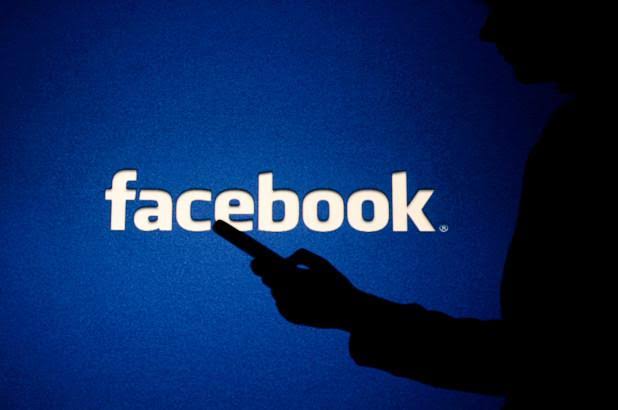By Zion Rufus
After three of the world’s biggest social media and messaging platforms Facebook, WhatsApp, and Instagram suffered a major outage on Monday 4th October, 2021, businesses as well as subscribers have begun to migrate to other messaging platforms.
With over 2.74 billion active users, Facebook remains the world’s biggest social media platform; and where Instagram is the go-to for content creators and influencers, WhatsApp sits as the world’s biggest messaging platform. More than 200 million businesses, including small and medium-sized, influencers, marketers, and content creators, use Facebook’s free tools to connect with customers. The big tech also has over 10 million active advertisers across its services.
However, the six-hour disruption, the backlash that followed, and the effect it had on businesses across the globe revealed that the world has grown highly dependent on the big techs.
“Businesses, more than consumers will be affected,” said Oti Ukubeyinje, President, Association of digital marketing professionals (ADMARP) Nigeria in a conversation with MARKETING EDGE.
In 2020, about 94 percent of marketers reported using Facebook to market their business, ahead of Twitter, LinkedIn and YouTube according to reports from Statista.
“A lot of people have built their businesses around these platforms. So when such shutdowns or outages happen, it might turn out to be the complete end or even extinction of certain SMEs. Incidences like this remind businesses why they need to diversify their marketing and distribution channels. The outage, although temporary, has shown that these platforms have the potential to disappear one by one, or even all at once.”
Social media marketing has become one of the most popular and effective channel for marketing and advertising especially for SMEs. This inexpensive marketing channel offer businesses a host of highly profitable options as it can be used to deliver more targeted ads, reach larger audiences across demographics and geographical areas, and with the rising population of social media users, marketers find it easier to leverage these digital platforms where they can reach all the maximum number of potential buyers compared with print or television media marketing.
Facebook recorded similar outages in 2008 and 2019; the fear of another outage and the devastating impact it could have on businesses and connectivity with friends and families has prompted a mass migration as users begin to look to Twitter, TikTok, SnapChat, and Clubhouse. Rival messaging app, Telegram gained over 70 million new users according to its founder, Pavel Durov. On his Telegram channel, Durov announced that the daily growth rate of Telegram exceeded the norm by an order of magnitude, adding that the messaging app “welcomed over 70 million refugees from other platforms in one day”.
“Diversification is the next step,” Oti continued. “And I think that is probably what we will see going forward. I would say business owners should spread out, connect with consumers on as many platforms as they can, and where you only have the capacity to concentrate on a few, make sure that your owned properties such as your website or your email list is a key part of that connection, rather than building it around these three key social media platforms.”
The three platforms, all owned by Facebook, run on a shared infrastructure. In 2019, Facebook founder and CEO Mark Zuckerberg disclosed his plan to integrate all its messaging services, WhatsApp, Facebook Messenger and Instagram. In a report shared by New York Times, Facebook revealed that all the three services will continue to operate as standalone apps, but their technical infrastructure will be integrated.
Facebook apologized for Monday’s outage, revealing that configuration changes on the backbone routers that co-ordinate network traffic between its data centres caused issues that interrupted the communication.
The company said in a blogpost: “People and businesses around the world rely on us every day to stay connected. We understand the impact that outages like these have on people’s lives, as well as our responsibility to keep people informed about disruptions to our services. We apologize to all those affected, and we’re working to understand more about what happened today so we can continue to make our infrastructure more resilient.”






Comment
No comments found.